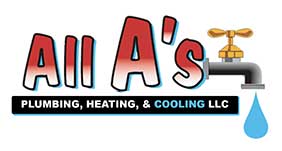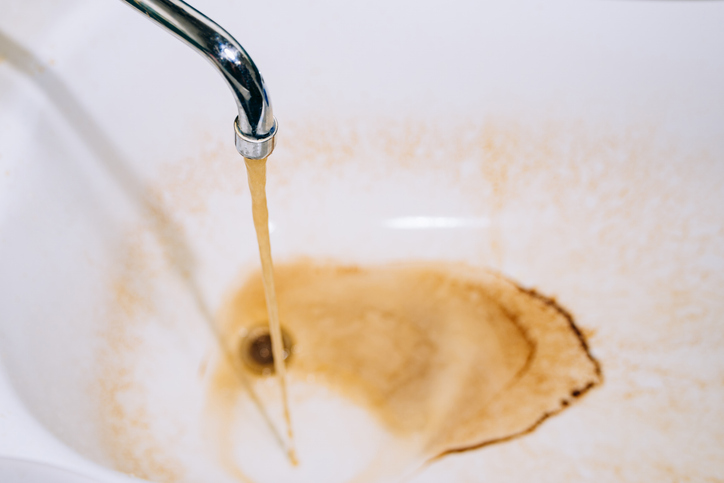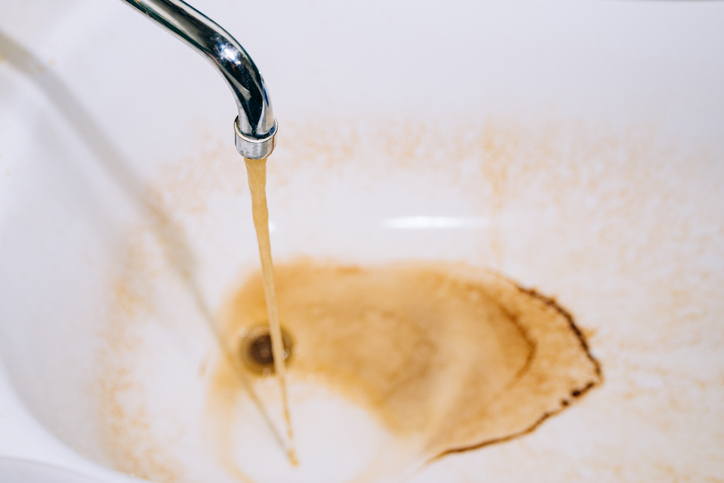Seeing discolored or rusty water coming from your taps can be both alarming and unpleasant. While it may not always pose an immediate health risk, it often signals underlying issues in your water supply system that should not be ignored. Understanding the common causes of rusty tap water is essential for maintaining safe, clean water in your home.
Common Causes of Rusty Tap Water
Rusty water can result from several factors, each pointing to different parts of your plumbing system or municipal water supply.
1. Water Main Breaks or Hydrant Flushing
One of the most frequent causes of sudden rusty water—especially if it affects both hot and cold taps—is a disturbance in the municipal water system. Events such as a nearby water main break or routine fire hydrant flushing can stir up iron-rich sediment in the pipes, temporarily affecting water clarity in surrounding homes.
2. Sediment in the Water Heater
If the discoloration only appears when using hot water, the issue may stem from your water heater. Over time, sediment—especially in areas with hard water—can build up in the tank. This sediment often contains iron or rust particles, which can mix with your hot water. Flushing the water heater annually is a good preventive measure and can improve overall efficiency and water quality.
3. Corroded Pipes
Rusty water from just one or two faucets may indicate corrosion within your home’s plumbing. Older pipes made from galvanized steel or aging copper with iron fittings can rust on the inside, slowly degrading over time and releasing particles into the water. Pipe replacement may be necessary to fully resolve the issue and prevent leaks or other failures.
How Rust Affects Water Use
Although rusty water is usually not harmful for bathing or cleaning, it can stain laundry and fixtures, and it may have a metallic taste or unpleasant odor. If you’re uncertain about the safety of your water—especially for drinking or cooking—having it tested by a professional is strongly recommended.
Why It’s Important to Call a Professional Plumber
In some cases, the discoloration may resolve on its own, such as after briefly running the water to flush out sediment. However, persistent or recurring rusty water should be evaluated by a licensed plumber. A professional can accurately diagnose whether the problem lies within your water heater, your home’s plumbing, or external water supply lines—and recommend the most effective solution.
Don’t Ignore Rusty Water—Resolve It for Good
Temporary fixes like using bottled water are only stopgap measures. Addressing the root cause of rusty tap water protects your home’s plumbing and your family’s well-being.
Contact All A’s Plumbing and Heating for Trusted Water Quality Solutions
If you’re experiencing rusty tap water in your Randolph, NJ home, don’t wait for the problem to get worse. At All A’s Plumbing and Heating, our experienced team is ready to inspect, diagnose, and resolve any plumbing issue affecting your water quality.
Call us today at (973) 252-6233 or fill out our online form to schedule a service appointment. We’re committed to delivering safe, clear water—and peace of mind—to your home.




Recent Comments